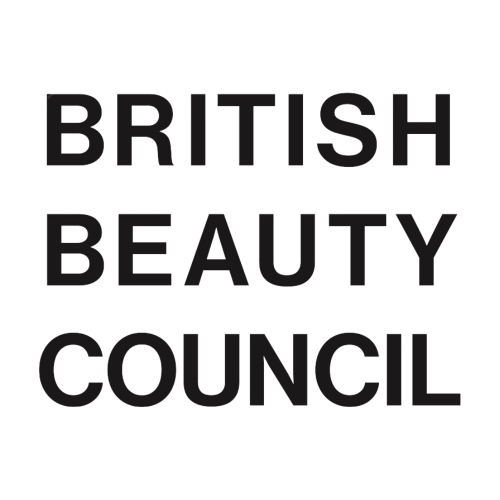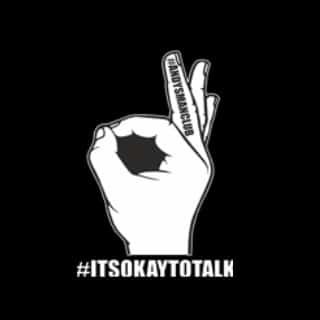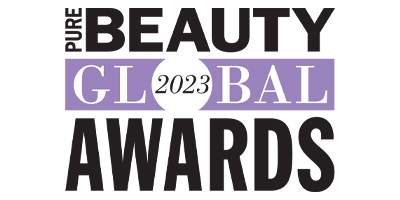There is a lot of press surrounding the pressure that young people, in particular, feel when it comes to body image and the need to be image perfect. Some of the statistics and details of those affected by these pressures are terrifying and tragic in equal measure. How can this be happening when at the same time, the beauty industry has been behind a marathon effort to change the very notions of what beauty means?
THE DANGER IN ‘PERFECT’
At Lavandi Talent, we don’t need to remind you of the criticism that the beauty industry has faced for decades. It has been at the centre of, to be fair, some valid arguments that it promoted an unattainable ideal of beauty. The industry’s use of media to promote these iconic ideals of beauty, in particular, has come under fire many times. Along with the health and lifestyle and fashion industries, the beauty sector was accused of being responsible for a range of problems. In truth, we must hold our hands up and say that we did play our part. Size 0, the supermodel phenomena, and many other areas were highlighted as having a damaging effect on the physical and mental well-being of consumers. In particular, young people were, and still are, considered most at risk from the influence of unrealistic aspirations.
We responded. In a remarkable consensus for change, the major brands moved away from these potentially damaging stereotypes. It is easy to be cynical, as many are, about the move to the current, more responsible, and inclusive view of what constitutes beauty, but this is to dismiss the great strides taken by the industry. From banning the use of size 0 models to the Dove real beauty campaigns through to current diversity initiatives in products, few industries have come as far as the beauty industry in the cause of redefining the damaging, unattainable ideals. So why and how is this still an issue and one for young people in particular?
SOCIAL MEDIA AND BODY IMAGE
With the rise of social media, particularly image-based platforms came the rise of the ‘perfect’ image. While most of the key players on social media, the influencers that young people look up to, are supportive and enabling, they also undeniably have the power to influence the way young people see themselves. They are, after all, called influencers for a reason. To be clear, I am not accusing anyone of intending to cause harm, far from it. I’m sure nobody specifically wants that. It is more that the research indicates that the young people who see successful, charismatic people living their high-profile lives, feel a natural desire to be like them. When this is not possible, which is often the case for many financial, social, physical reasons, and so on, it lowers self-esteem.
Social media itself is often accused of not only allowing this desire for an impossible and illusionary ideal to germinate and grow but actually facilitating it. Face-altering apps, for example, are freely available to the billions of daily users. Image enhancements are even available on video conferencing software such as Zoom. Photoshopping and other image augmenting tools are used as a matter of standard practice, and with the inevitable rise of the Metaverse, the choice of allegedly upgrading our appearance can only become wider.
WHERE THE BEAUTY INDUSTRY CAN STEP UP AND TAKE CONTROL
According to Dove, by the time they are 13, as many as 85% of girls have altered their appearance. It is easy to see this as a simple desire to look good, but it has a far more worrying aspect in light of the ‘perfect’ images these users are consuming. A phenomenon known as the comparison trap comes into play. This is when, knowingly or subconsciously, we compare ourselves to the images we see on social media and other sources. We tell ourselves that we are not the perfect size, right face shape, are lacking wealth, not ambitious enough, not living right, not shredding for the beach, not eating correctly and so on. Maintaining self-esteem and being positive about ourselves when we are constantly comparing our self-image with these impossible and often fake standards is unmanageable. This desire for perfection is unhealthy, unnecessary, and dangerous. It is so concerning that some mental health charities have called for face-changing apps to be age-restricted. Social media, particularly image-based platforms such as TikTok and Instagram, may not themselves be the cause of many of these issues, but they are certainly vehicles.
So, where does the beauty industry fit into this? Well, we need to wonder if this is a matter of experience. Our industry has led the way when it comes to making beauty ‘real’. We realised where we needed to improve and saw where we could make a difference. Can we now extend that? Can we take what influence we have and remind young people that they need to find their own ‘beauty’, not look for it in others?
Our desire to look good, to think of ourselves as beautiful, to walk out in the world feeling we are at our best should not be about the standards of others. The products we use, the make-up we apply, and the looks we choose, should only be influenced by our need to express who we are. When that becomes a need to be ‘who we are not’ because of an impossible standard, we are no longer beautiful, and we are reduced. Whether the beauty industry can successfully influence that attitude and change the views of younger people is not really the issue, though. What we can do is continue to celebrate the individual over the benchmark, expand how we embrace diversity, how we push away the stereotype and reject the social media comparison trap. As an industry, we can produce the products that are needed and employ the right people to tell the world that ‘beauty’ isn’t in the retouched photograph of someone faking wealth and happiness on a beach in Malibu. Real beauty is about finding your own truth and celebrating who you are.





